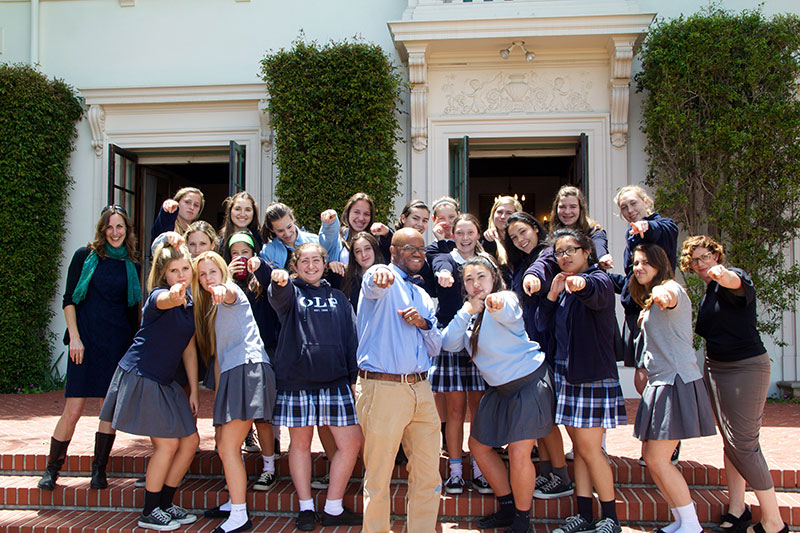Kate Swanson
Research
My research interests fall into a few main areas:
While many of these themes overlap, you can find some of my publications organized by these topics below.
Borders, migration, and asylum
Borders, Migration and Asylum
My research explores how children and youth are being displaced from their homes to seek safety. Many migrant youth end up in US or Mexican immigration detention and are often repatriated back to unsafe conditions. In my research, I adopt a child-centred lens to challenge the dehumanizing rhetoric that normalizes violence in migrant children’s lives and shed light on the intersecting structural and historical factors that have led to this situation. I also explore the impacts of border and immigration policies on young people’s lives.
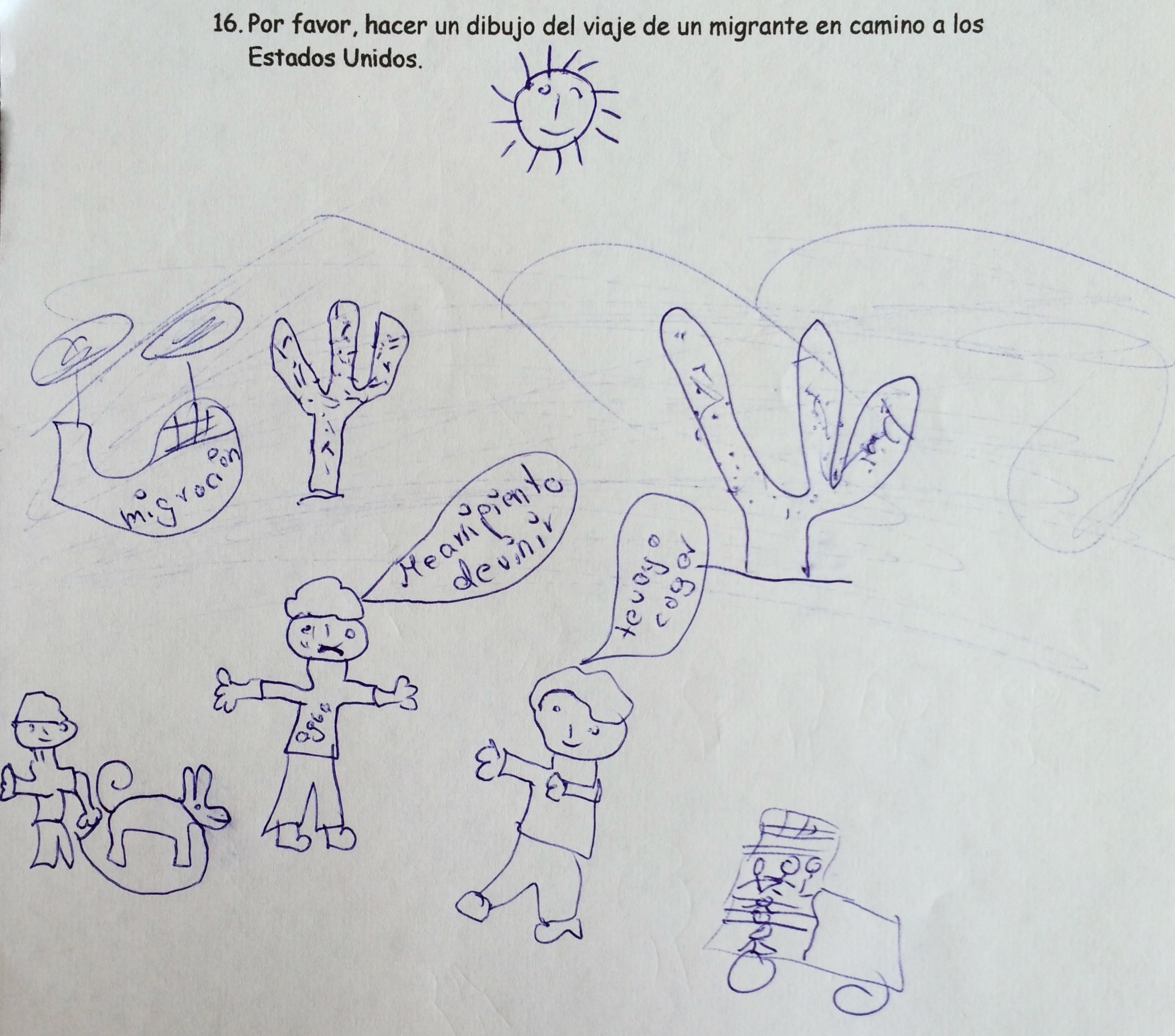
Geographies of children and youth
Geographies of children and youth
Children’s geographies emerged out of a recognition that children and young people’s perspectives were largely missing in academic research and policy interventions. For the past twenty years, I have been engaged in child-centred work to uncover young people’s perceptions and experiences of the world. My earlier work was with children and youth on the streets of Ecuador’s largest cities, whereas my later work has been with migrant children and youth in the US/Mexico border region. I have also published with graduate students working with children and young people in North America.
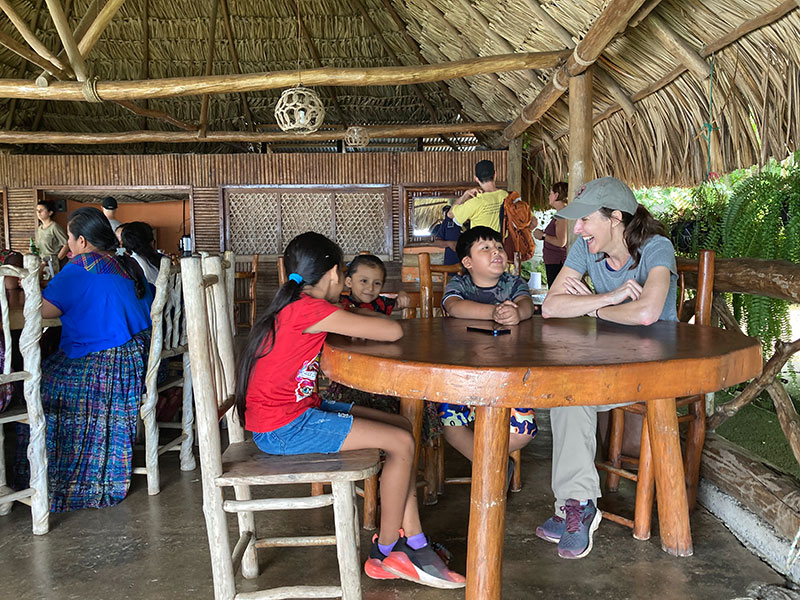
Urban studies, policing, and informal economies
Urban Studies, policing, and informal economies
My urban scholarship has challenged commonly held stereotypes regarding children who work on the streets and disrupted understandings of charity and begging. My work also adds to discussions on policing and revanchism in the Global South to explore the differentiated consequences of policies and practices, such as zero tolerance and gentrification.
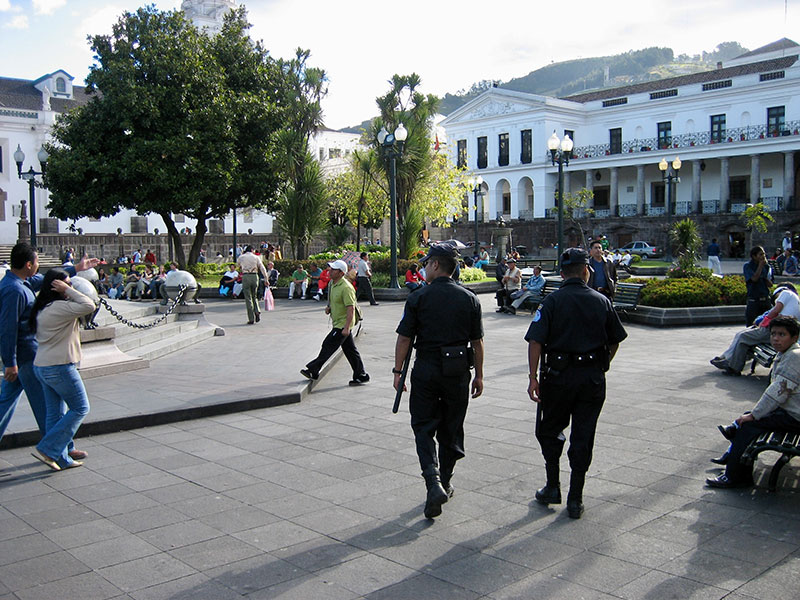
Emotional geographies, care ethics, and feminist research
Emotional geographies, care ethics and feminist research methods
In my research and writing, I draw from feminist scholars and emotional geographies to write about ethnographic research methods, research ethics, reflexivity, positionality, mentorship, care ethics and scholar activism. I also served as the Co-Editor of the journal Emotion, Space and Society for 2 years.
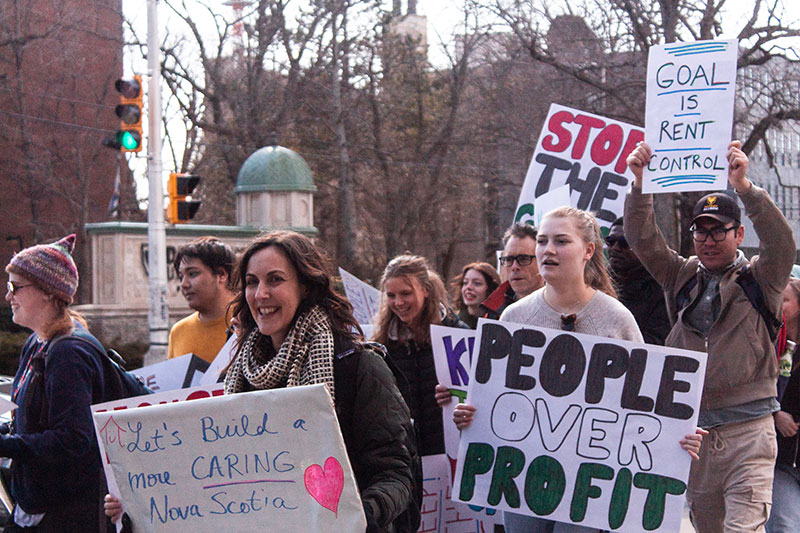
Higher education and learning
Higher Education and Learning
For 5 years, I served as the Coordinator of the National Geographic-funded California Geographic Alliance. In this position, I worked with teachers, politicians, and students to focus on policy, education, and advocacy. We ran professional development workshops, developed curriculum and instructional materials, facilitated educational events for children and youth, among many other activities.
